Toronto native Lauren Mote moved to Vancouver for sunnier skies and after seven years of bartending professionally, she flipped the switch and found her niche, which centers on culinary theory. For the past five years, she’s been honing her culinary approach to cocktails and currently works as the General Manager of The Refinery, a contemporary restaurant and bar, situated upstairs from SIP, in the Granville Entertainment District. We recently met at The Refinery prior to service, where Mote better explained her background and approach.
How did you become so interested in cocktails? And was it cocktails or spirits first?
I have been bartending since I was 18. That’s 12 years, and at first it was the easiest creative outlet for me to do while I was in university. I was just out of high school, too, when I was 18. Bartending was fast-paced, it was very eccentric, and I could yip at people over the bar. It was like having your own place to perform. Gradually, as I learned more about spirits and what I was doing, the more interested I became in its heritage and where it was going, where it came from, and how it could pertain to me. To be honest, I only figured out how to do something innovative or trailblazing in terms of what I do in this industry, in the last three years. Out of a 12-year bartending career, nine of those were just spent tending bar.
What was your very first bar related job?
My first bar job was actually Club Monaco. Their flagship store in Canada – which is in Yorkville – is at the corner of Bloor & University. They opened up this really beautiful outdoor Caban, and it’s before Caban was actually a furniture and housewares store. It was the actual bar they opened. It was a giant outdoor patio, and a giant outdoor space, and you could see it from anywhere on Bloor Street, and it was really beautiful. I was doing high-end clientele and high-end cocktails, sort of right from the beginning, and had a crash course.
Where were you going to university?
At the time I wasn’t in university when I was working at Club Monaco. I went to to university at University of Waterloo for the first year, so I actually took a year off from bartending. Then I when I came back, I did my last three years as Bachelor of Science at U of T, in Toronto.
Do you feel like that helps you at all in bartending?
Totally. I took Political Science and French linguistics, so obviously French helps, being a Canadian. I like to travel within Canada as well. Yeah, learning diplomacy and how to deal with bureaucracy, and politics and international relations in general, were just incredibly valuable skills to learn. Also how to debate and speak to people and be worldly and understand the wise cultured ways of your guests. And just to be able to speak and write clearly is a very good thing to have.
Do you have a first cocktail memory, good or bad?
My first bartending job, I got an order for a Shirley Temple, and because it was my first bartending job, I had no idea a Shirley Temple is actually a non-alcoholic beverage. I just remember them being placed in front of me at Swiss Chalet, if we’d go out to dinner or something. It would just show up, these pink drinks that tasted really good. I looked through my Bartending for Dummies book, like, “It’s got to be in here.” So I look, “Shirley Temple Black, got it.” [snaps fingers] I put a little vodka into the Shirley Temple, as it was, and sent it to the table. It came back. “Did you seriously feed a child vodka?” “Yeah, I didn’t know it was for a child. I thought it was a cocktail.” “Nah, it’s a cocktail. Can you make it again without vodka?” “Yeah, sure.” It was a 10-year-old who had a big sip of it and said, “Mom, it tastes funny.” So I was made fun of for about six months.
Was there a point where you knew you would do this for a living?
As I said before, nine years of bartending were just making money and learning things. Actually, I should say the last five years. So the first seven years of bartending was just making money, going to school and just keeping out of trouble, or getting into trouble, bartending. But for the last five years, I had been searching for a niche I could carve out that no one else was doing, where I could actually be innovative and think of how I could connect the world of food and beverage together without being a chef and without being a lifetime bartender. I figured that out about five years ago and it’s taken me up to this very moment when you and I are sitting across from each other where that actually is a reality, where that is something different and innovative and interesting. Maybe that’s how you and I got connected in the first place. I do cocktails that are highly driven from culinary theory, so I can use my expertise from working in the culinary industry for a long time. I’ve never been a chef. I’ve never been a professional chef, but I would argue with many people on the kitchen side of things that I know more than they do, without making them feel bad, because I read a lot of books on food science. I studied food science for six years. That’s how we develop cocktails. That’s how I develop cocktails. I write the menus.
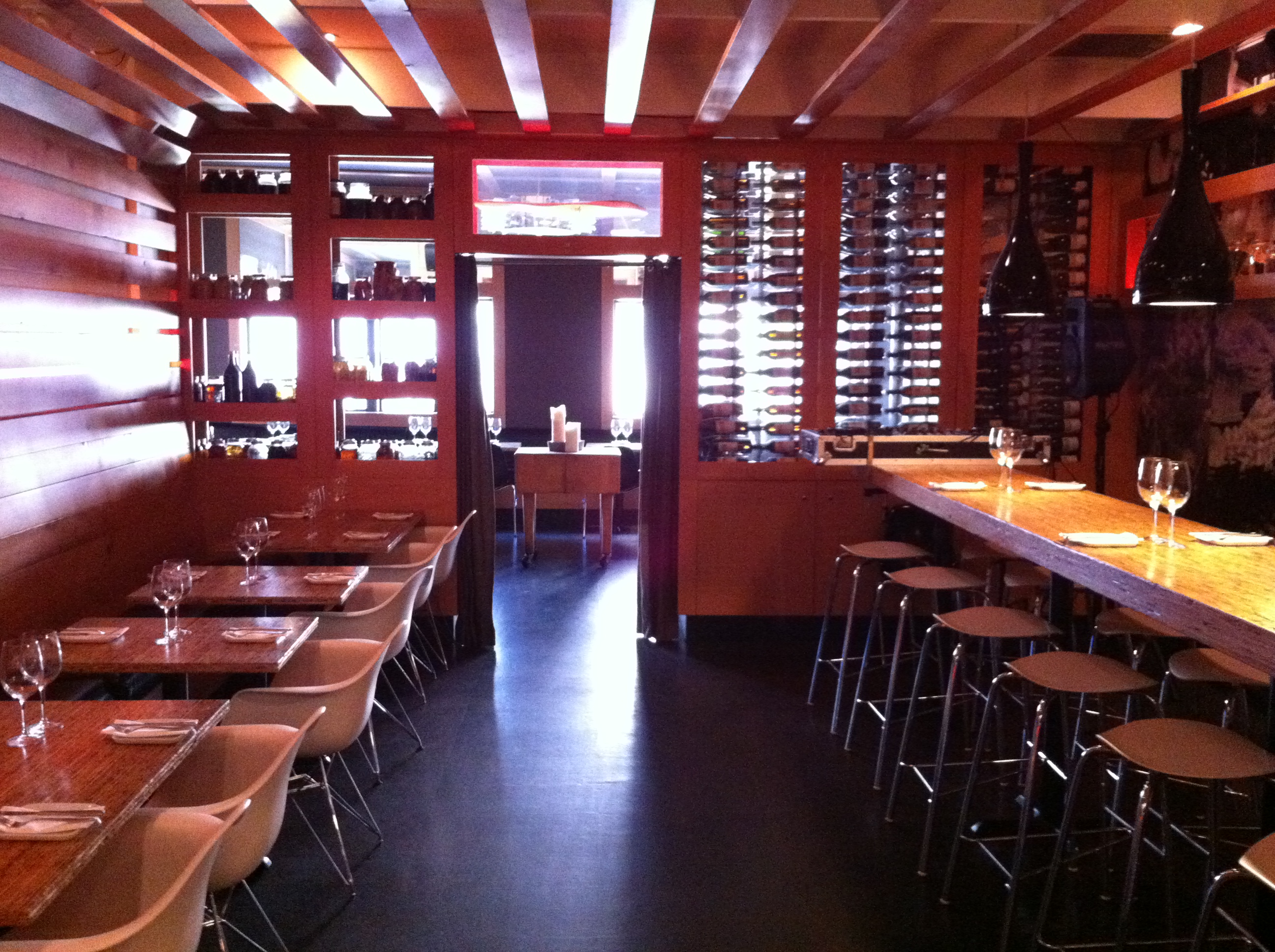
Do you work with the chef here at all?
Yes, we work on a program called the Cocktail Kitchen series, which I put together. It’s still happening now. We’re in our second season. It’s a competition that includes a different bartender every week, a different spirit focus or beer focus every month, with a different food focus, like a regional focus that makes sense to pair with the spirit. A different bartender every week pairs the same three-course menu with the spirit, but it’s always different, and the guests are the judges. So it takes culinary and beverage science theory to an entirely new level with cocktail making. Putting restaurant bartenders to the test to pair entire meals with cocktails really shows their chops, and how much they know, and how much I know, and me being able to produce that is really important.
What’s the key to a great cocktail and food pairing?
You have to pick an idea and run with it. You either have to contrast the entire dish, so all the flavors are antonyms; they’re opposites that will go really, really well and complement each other and create new flavors. They have to be things that make sense together. You would never pair, let’s say, cheese with rum. That’s just weird and doesn’t make sense in my mind. For a lot of people, you’d pair root beer and pineapple. That would really make sense to me. Or complement them. Match acid with acid, or match weight with weight. Match sugar with sugar, or savory with savory. You can do a bunch of different things, but I’ve learned over the years that applying food and beverage together really works.
How do you decide which bartenders to feature each week?
I like to do at least 60% apprentices, or people who have under four years experience bartending, because I think it’s important to embrace the new generation of bartenders who actually are going to be doing this as a career. They don’t have any doubtful questions in their mind like we all did when we were growing up. This is what they want to do for a living, and they are accelerating in their learning at a much higher rate than any of us veterans are. What I learned in 12 years, or what Jay Jones learned in 20 years, or David Wolowidnyk in 20 years, these guys are learning in two years, one year. There’s a giant plethora, a huge basket of apprentices in this city. All of them are included in this competition.
What’s the criteria for something that would go on your cocktail menu?

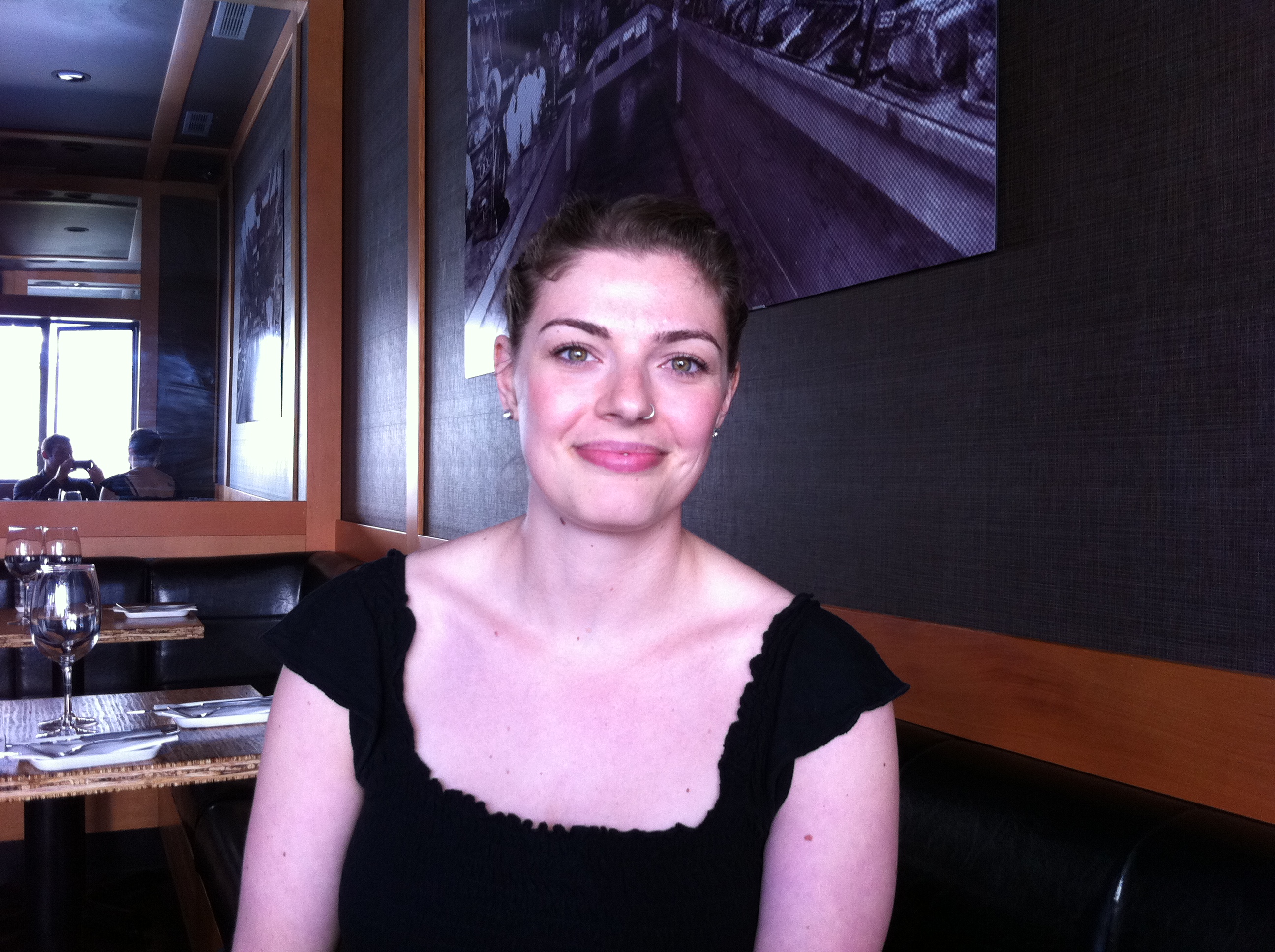
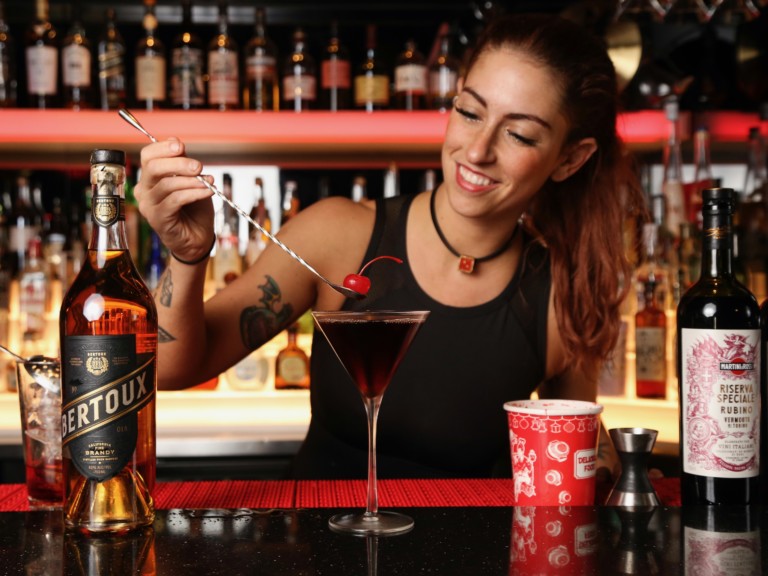
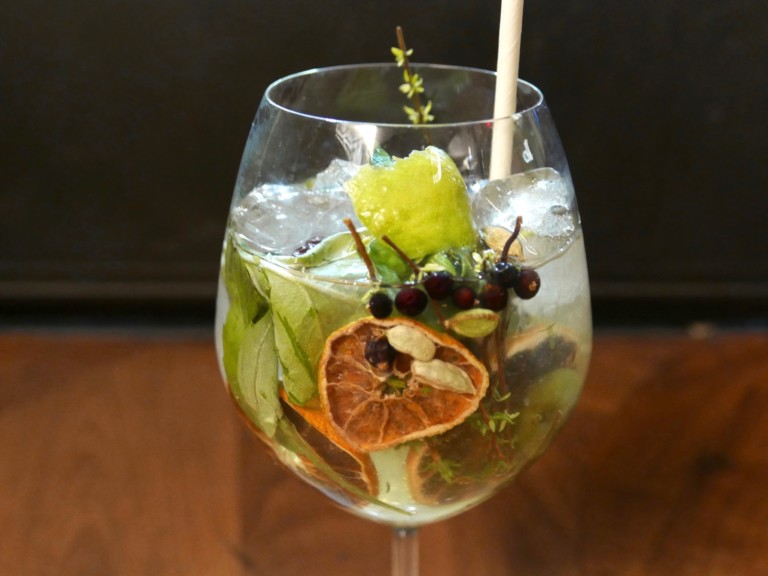
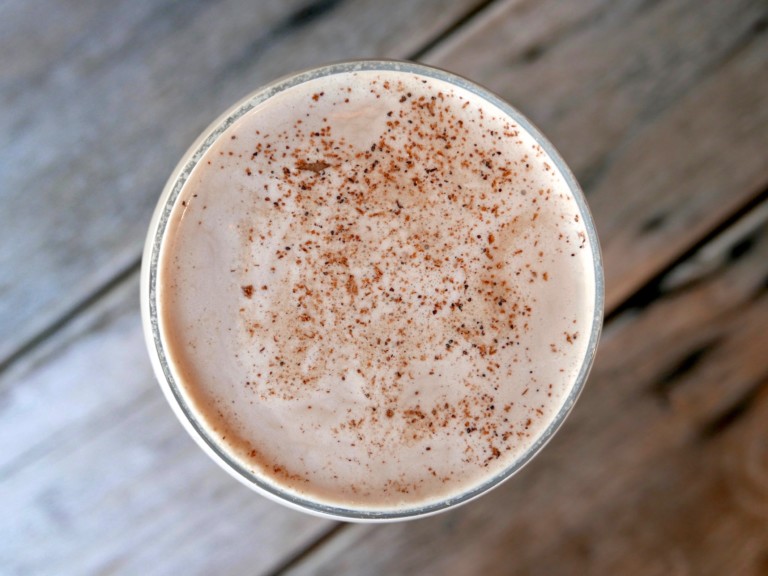




Leave a Comment